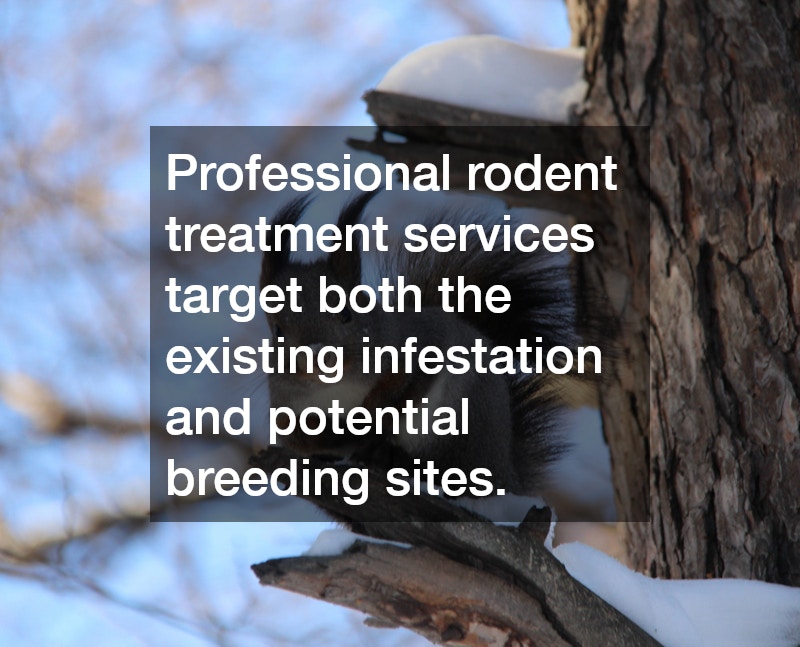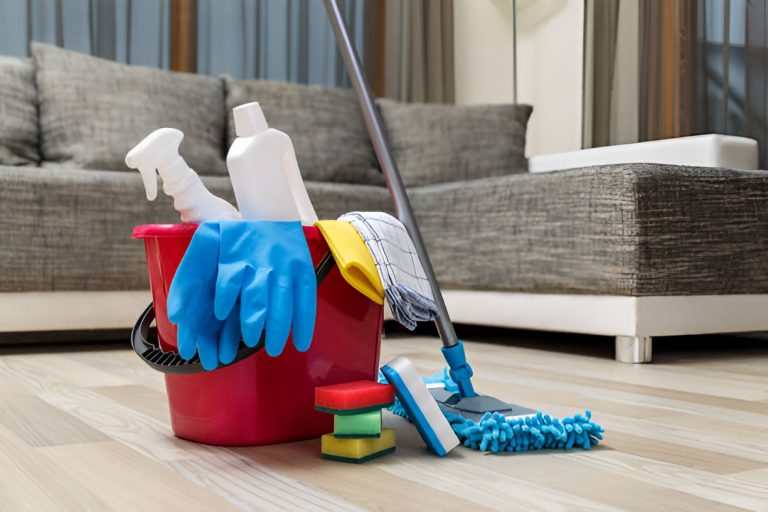
A rat control company provides specialized services to eliminate rat infestations and prevent future problems. These professionals use safe and effective methods, such as traps, bait stations, and exclusion techniques, to protect homes and businesses from rodents. In urgent situations, emergency rat removal services are essential to address infestations quickly. Whether rats are causing property damage, contaminating food, or spreading disease, immediate removal minimizes risks and prevents the situation from worsening.
Comprehensive rodent solutions go beyond just removing rats. These solutions include sealing entry points, sanitizing affected areas, and offering long-term prevention strategies. Some companies also provide follow-up inspections to ensure the problem doesn’t return. A rat inspector plays a critical role in identifying the source of the infestation. They thoroughly inspect areas like basements, attics, crawl spaces, and walls for signs of rat activity, such as droppings, gnaw marks, and nests. Inspectors help determine the extent of the problem and recommend the best course of action.
Professional rodent treatment services target both the existing infestation and potential breeding sites. Treatments may include traps, poisons, ultrasonic repellents, or eco-friendly options. Regular monitoring and maintenance plans are also available to ensure the property remains rat-free in the long term. Call today to get control of your rat or rodent problem!

Many thousands of years ago, humanity launched the Agricultural Revolution, when our ancestors abandoned the hunter-gatherer lifestyle and created permanent settlements based on farming and animal husbandry. This was around the time many species were domesticated, and this represented a major leap forward. However, all of this meant that food was being stored in one place, and rodents and other wildlife gathered in human settlements to steal stored grain and other produce. In fact, cats and dogs were domesticated primarily to deal with these troublesome animals, and cats are well regarded for being rat and mouse catchers. Today, civilization has advanced enormously, but these age-old problems are still present. In fact, unwanted rodents cause more damage than ever, with modern utilities being exposed to these unwanted rodents’ gnawing teeth. Wildlife control can be called upon to deal with such unwanted rodents, and squirrel control or rat removal may be done. What sort of harm do these unwanted rodents do, and what means will animal removal crews use to eliminate them?
The Hazards of Rodents
Rats, mice, and squirrels are among several troublesome species, but these in particular may be a hassle since they can fit into places that larger animals such as raccoons or stray dogs cannot fit. On a large scale, rats and mice are still a threat to the world’s food supply, and some professionals believe that rodents like mice and rats consume or contaminate as much as 20% of the world’s entire food supply. And without today’s rodent control means, as much as 50% of the world’s food may be compromised.
Meanwhile, on a smaller scale, rats and mice enjoy human society since Dumpsters, the back rooms of buildings, sewers, trash heaps in alleys, and many other places offer shelter for them. In such spaces, rats and mice may breed rapidly and evade predators or exposure to people, and some American cities today are reporting growing rates of complaints of rodent infestations. Such rodents may have an unwelcome presence in restaurants or diners, for example, or they may appear in hotels or motels or even people’s homes or apartments. These animals cause trouble wherever they go.
Rats and mice are too small to threaten a person’s life, and they don’t have poison stings or bites. But they can carry disease, and a rat or squirrel may carry the deadly rabies virus. Worse yet, these rodents often have fleas and ticks in their fur, which may transfer to both people and pets upon contact. Those fleas are bloodsuckers, and like mosquitoes, they may transmit diseases to their hosts. Even the infamous Bubonic Plague was transmitted this way in the 14th century, when rats and fleas arrived from Asian ships and spread across Europe.
There may not be a Black Death epidemic today, but rats and squirrels may still transmit disease, and their teeth are a problem as well. Such rodents often chew on electrical wires or on plastic pipes or wooden surfaces, and they rely on constant chewing to keep their tooth growth under control. Squirrels, for example, may chew their way into the attic, build a nest in an a8ir duct, then chew on plastic pipes or wires. Water may leak or electrical components may short out because of this.
Rodent Removal
What can be done? If squirrels have broken into the home, a homeowner may contact roofer contractors who can deal with them. Such professionals may remove the squirrels and their nests, then seal the hole that the squirrels created and apply a paint that repels them. Nearby tree branches may be cut back to reduce squirrels’ ease of access.
In the home or a restaurant, classic rat traps may be set out, which lure rodents with bait and break their spines with a spring-loaded lever. Poison pellets may be set out to trick the rats into consuming deadly poison, but great care should be taken so that children or pets do not accidentally ingest them, too. Or in other cases, if the building owner does not want to deal with dead rats and mice, they may have baited traps set up for live capture. Once a rat, mouse, or squirrel is trapped this way, they can be relocated far away and released into the wild.




